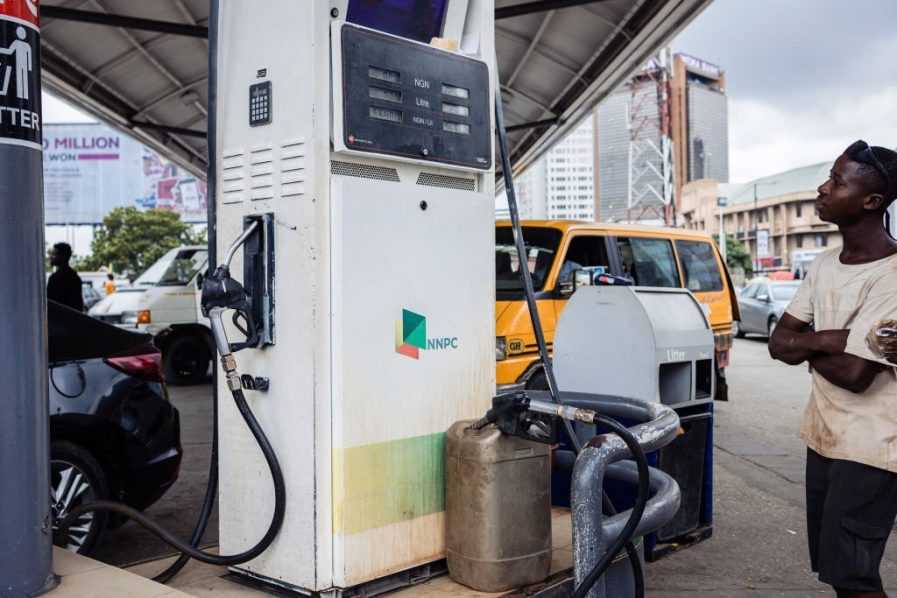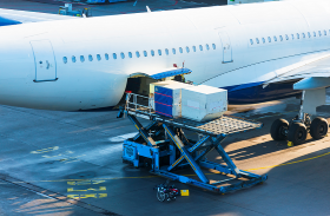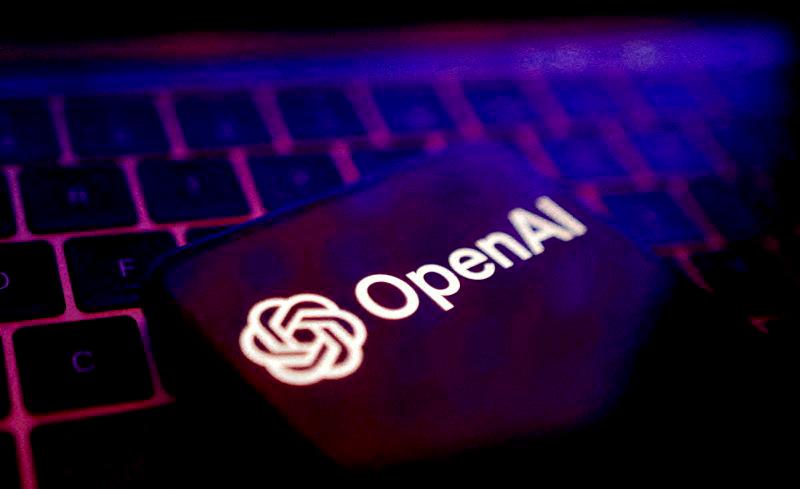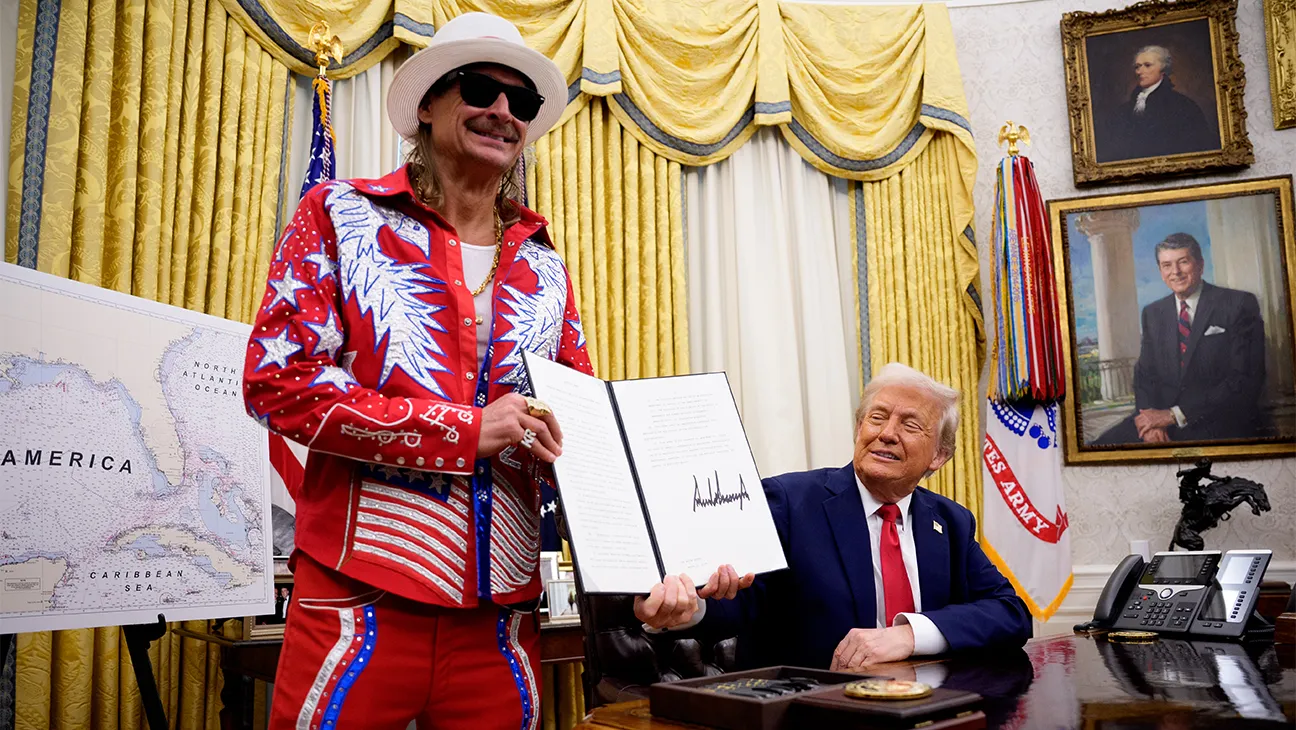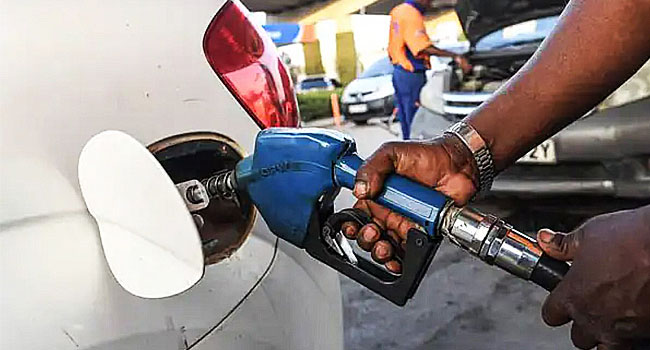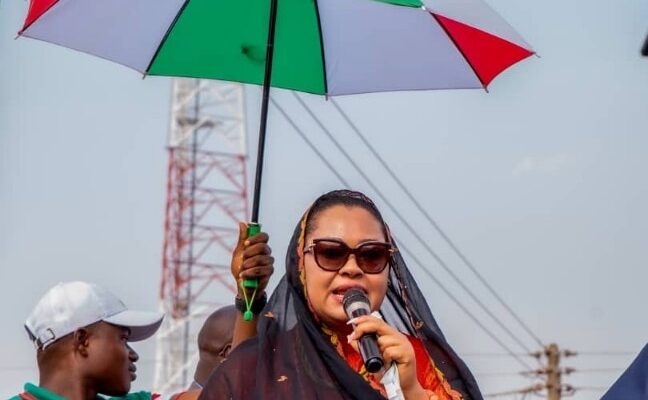Filling stations across Nigeria have recently increased petrol prices, a development linked to the ongoing crude oil supply dispute between Dangote Refinery and the Nigerian National Petroleum Company Limited (NNPCL). The disagreement centers on the expiration of a six-month "Naira-for-Crude" agreement, which allowed Dangote Refinery to purchase crude oil from NNPCL using the local currency, Naira. This arrangement concluded in March 2025 without a renewal, prompting Dangote Refinery to announce a temporary suspension of petroleum product sales in Naira. The refinery cited a mismatch between its sales proceeds in Naira and its crude oil purchase obligations, which are denominated in US dollars.
As a result, private oil depots have raised petrol prices to approximately ₦900 per liter, up from less than ₦850 per liter prior to the announcement. This increase has cascaded to filling stations nationwide, with pump prices reaching up to ₦960 per liter in certain regions. In Lagos, for instance, major marketers like MRS have adjusted their pump prices to ₦930 per liter, while prices in the northern parts of the country have escalated to ₦960 per liter.
The initial Naira-for-Crude deal, initiated on October 1, 2024, aimed to enhance domestic fuel supply and reduce the nation's reliance on imported petroleum products. Under this agreement, NNPCL supplied over 48 million barrels of crude oil to Dangote Refinery, facilitating a decrease in petrol prices from over ₦1,000 per liter to around ₦820 per liter in various locations. However, with the deal's expiration and the subsequent suspension of Naira-based sales by Dangote Refinery, petrol prices have surged once more.
Discussions between NNPCL and Dangote Refinery are reportedly ongoing to establish a new contract. NNPCL has expressed its commitment to supplying crude oil for local refining based on mutually agreed terms and conditions. In the interim, Nigerians are grappling with increased fuel costs, and industry experts warn that pump prices may continue to rise if a new agreement is not reached promptly.

.jpg)
